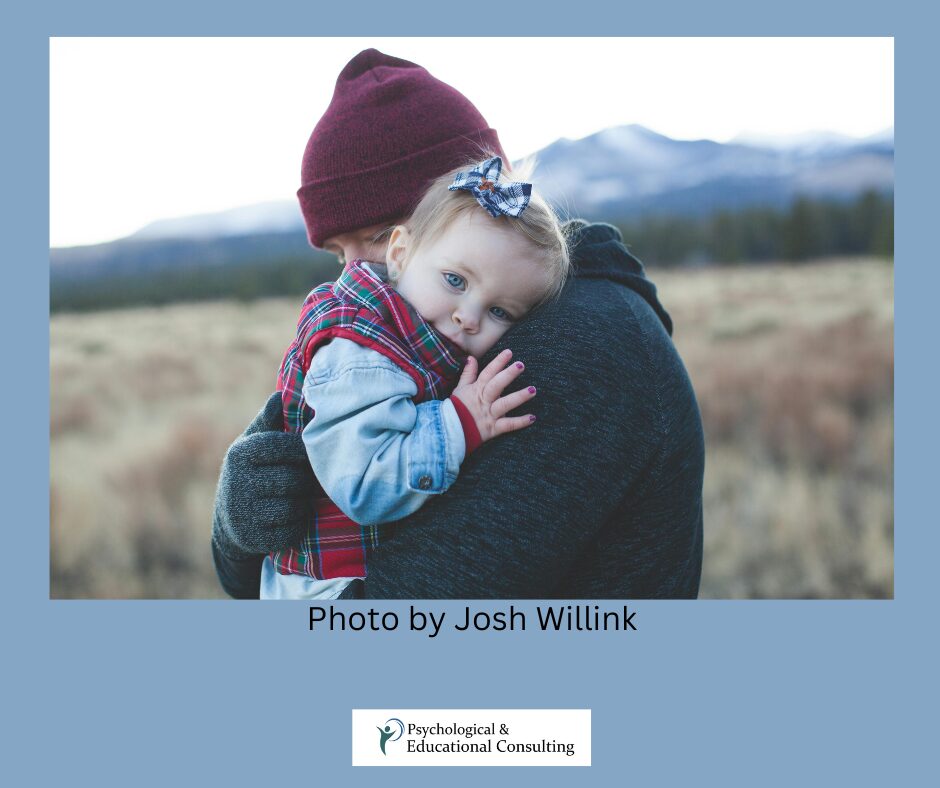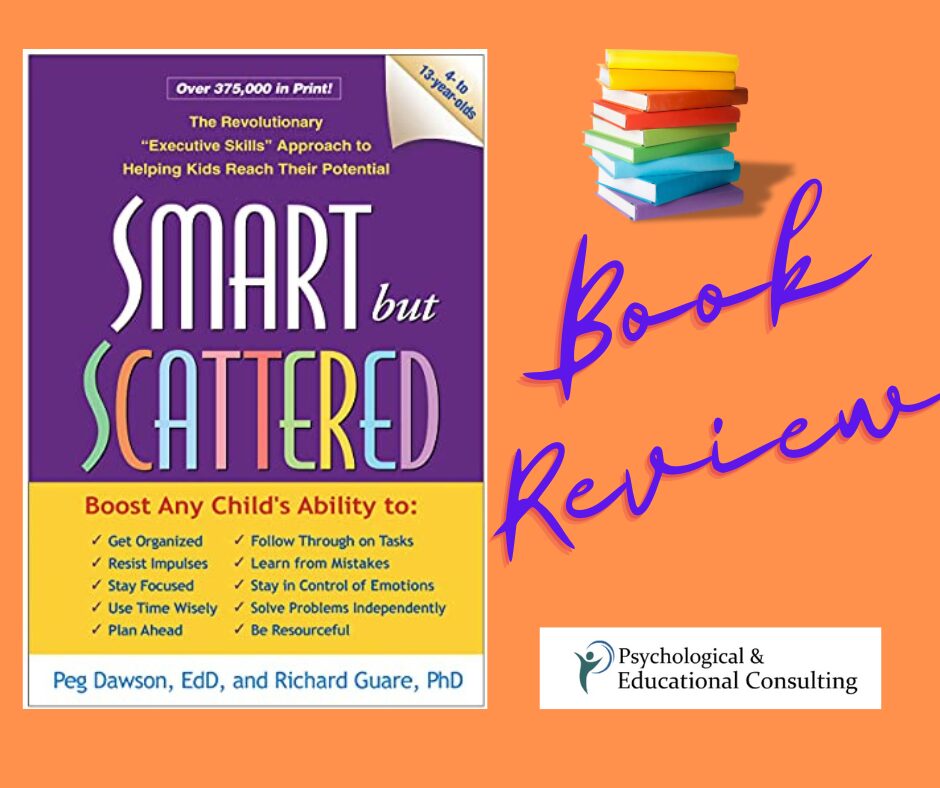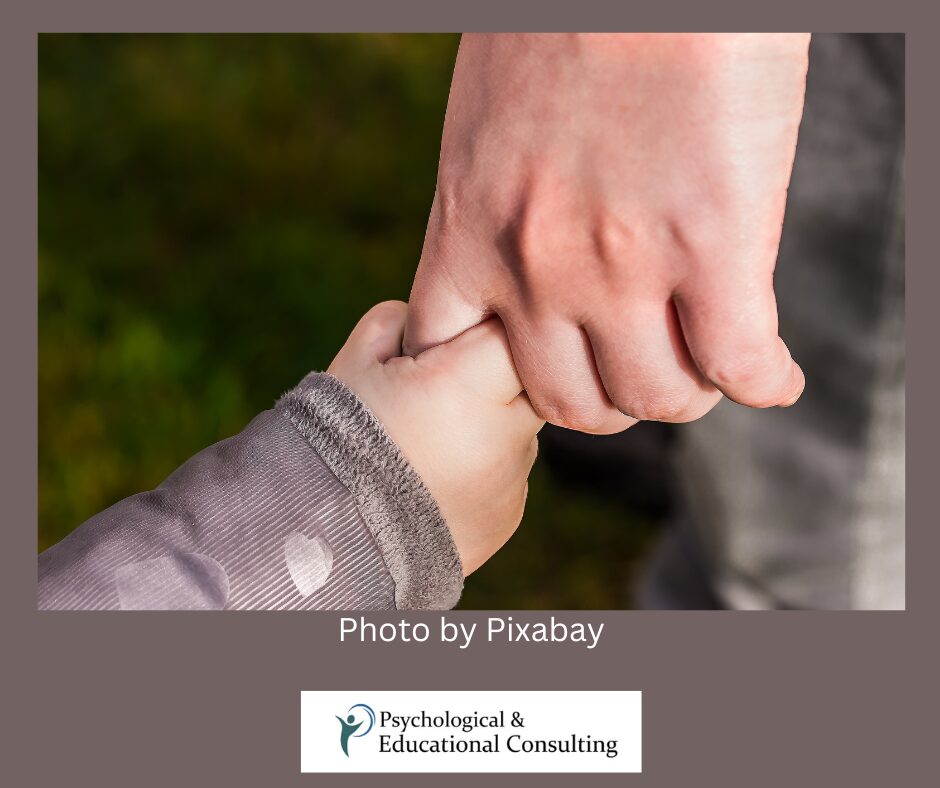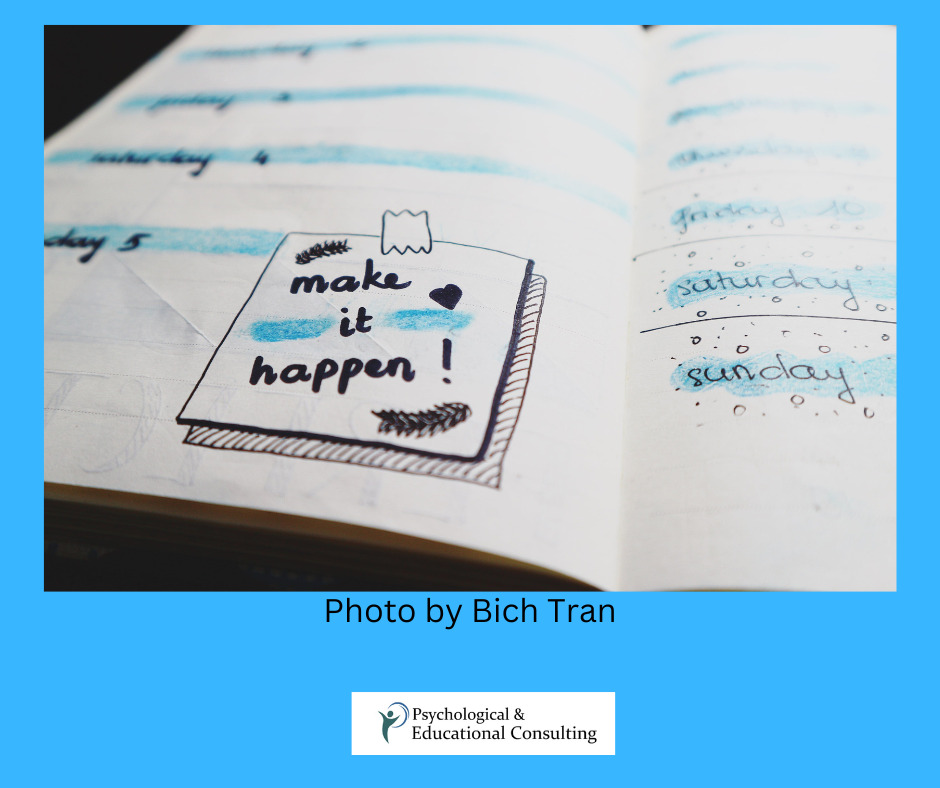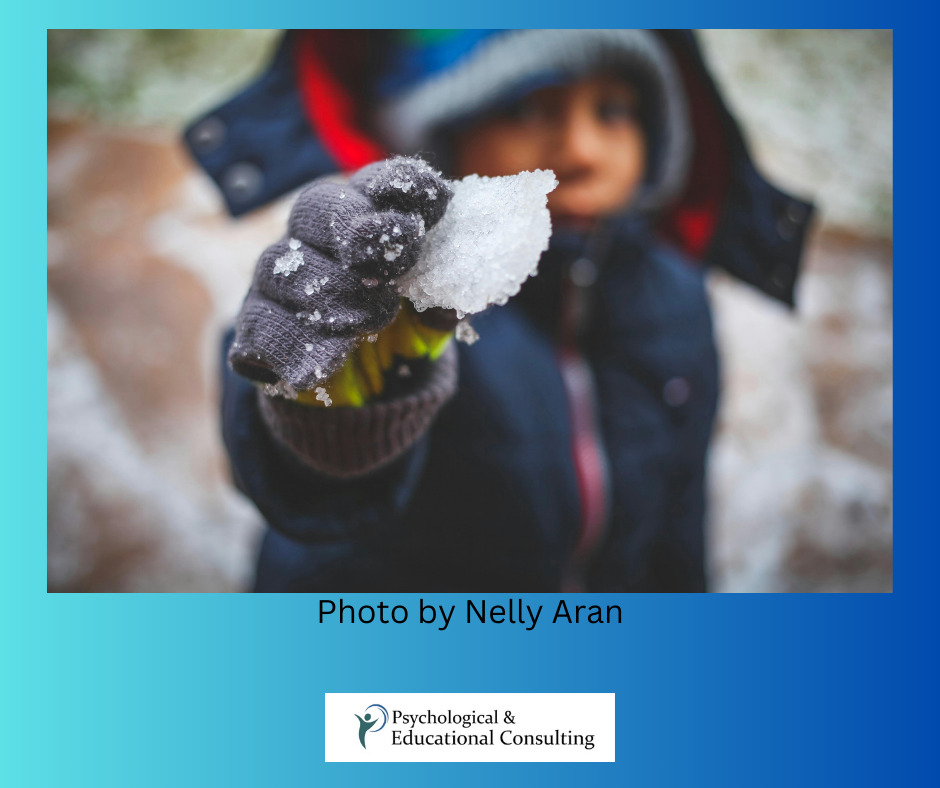What ADHD Is Not
written by Dr. Liz Matheis, posted on Psychology Today
It’s so easy to have opinions about children, teens, and young adults with ADHD. What we often label as laziness, poor motivation, intentional, and not being able to “just do it” is not those things at all.
In fact, our kids with ADHD have their real struggles and strengths. It is a diagnosis that is often misunderstood and mislabeled. Other adults (e.g., teachers or other parents) who don’t have a child with ADHD (or don’t have the diagnosis themselves) may seem judgmental or criticize us for not being more stringent and practicing more “tough love.” It’s so very easy to judge from the outside.
ADHD is not intentional or manipulation
Children and adolescents with ADHD are often perceived as being able to control their behavior but choosing not to. This is a misperception because hyperactivity and impulsivity happen without thinking — it’s a matter of neurological wiring as well as over- or under-activity of neurotransmitters or neurochemicals in different parts of the brain.
An adult may observe a child with ADHD who is speaking excessively, talking over others, getting up and moving fast when having a thought, asking a great number of questions, or falling off of his or her seat. These manifestations of ADHD are not happening out of a malicious or willful intent to be difficult or disruptive. Within the classroom, that child is not trying to interrupt a lesson or distract classmates.
These behaviors are manifestations of ADHD, just as low insulin is a manifestation of diabetes.
ADHD is not due to permissive or lax parenting
Sadly, parents are often blamed for their child or adolescent’s hyperactive or impulsive behaviors, limited social judgment, or academic struggles. ADHD is not due to parenting. Often, parents attempt to accommodate their child’s weaknesses by creating support in their home and school to help their son or daughter to function at their best. Parents may hear they are being “too easy” or not being “strict” enough. How many times has a parent of a child or teen with ADHD heard, “He needs more tough love”? Well, tough love isn’t going to teach the skills the child needs, but rather it’s going to cause more frustration and likely feelings of anxiety and low self-esteem.



